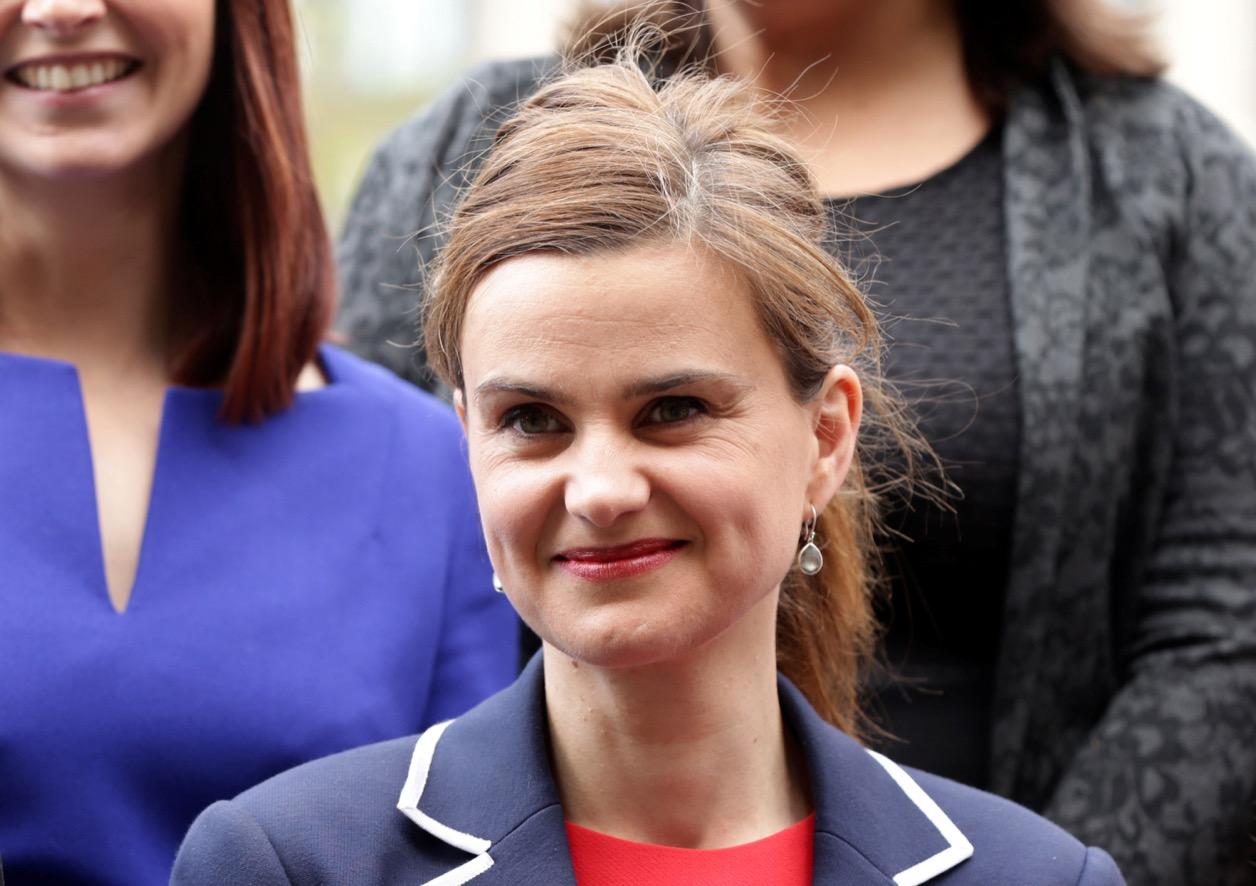Pro-EU British lawmaker fatally shot; Brexit campaign suspended
British parliamentarian Jo Cox, seen here in May 2005, was a supporter of the UK remaining in the European Union.
Campaigning for Britain's referendum next week on whether to stay in the European Union was suspended on Thursday following news a leading lawmaker with the "Remain" camp was shot. She later died.
Jo Cox, a 41-year-old mother of two from the opposition Labour Party, was left bleeding on the pavement after the incident in the town of Birstall in northern England, according to witnesses quoted by local media.
The Stronger in Europe camp said it was "suspending all campaigning for the day," as a police statement said authorities had arrested a 52-year-old man.
A spokesman for the rival Vote Leave group, which is backing a so-called Brexit, said that their "battle bus" had stopped campaigning for the day.
"The battle bus that Boris was on is turning back to London," he told AFP, referring to lead campaigner Boris Johnson, the Conservative former mayor of London.
Channel 4 News quoted Cox's office as saying the pro-EU member of Parliament had been shot and stabbed.
Sky News television quoted unconfirmed reports from witnesses that the shooter shouted "Britain first" — possibly a reference to British sovereignty, although there is also a far-right party called Britain First. Sky and the BBC also reported Cox's death.
The attack came with campaigning in full swing before a crunch referendum on June 23 on whether Britain stays in the EU or becomes the first country in the nearly six-decade history of the bloc to leave. Just one day earlier, Cox had been on the Thames as both sides in the referendum rallied at sea.
Cox was a strong supporter of keeping the UK in Europe and also sought the admission of 3,000 child refugees into Britain.
Prime Minister David Cameron tweeted that he was cancelling a planned pro-EU rally in Gibraltar following the shooting.
His controversial trip, the first by a British premier since 1968, has angered Spain, which also claims the tiny rocky outcrop.
'Difficult to be optimistic'
Earlier Thursday, EU leaders had warned against Brexit but stressed that the EU would survive if Britain quits, as two new polls showed Britons tending toward a "Leave" vote.
"I know it's very difficult for us to be optimistic today, we know the latest polls," EU President Donald Tusk said on a visit to Helsinki, amid volatility on the financial markets that has hit the value of the pound.
"The cost will be very high also for us," he said, adding however: "The EU will survive, I have no doubt, it is still much easier to survive when you are 27 member states than completely alone".
At at an economic forum in Russia, European Commission chief Jean-Claude Juncker said a Brexit would usher in "a period of major uncertainty, both in Britain and in European Union."
But he added: "I don't think that the European Union will be in danger of death if Britain leaves because we continue the process of closer cooperation in Europe."
Too close to call
The warnings came after two polls showed a surge of support towards "Leave."
An Ipsos Mori survey published Thursday showed 53 percent of voters backing a Brexit compared to 47 percent who wanted to stay in the European Union.
Another poll by Survation put "Leave" ahead by 52-48, excluding undecided voters.
Polling expert John Curtice said the race was now too close to call.
"Until this morning I would have said to you that on the balance of probabilities, 'Remain' were the favourites. I think we no longer have a favourite in this referendum," he told BBC television.
In the minutes of its June meeting, the Bank of England warned once again that the outcome of the referendum was "the largest immediate risk facing UK financial markets, and possibly also global financial markets."
London's FTSE 100 share index was down 1 percent to 5,908 points, while the pound reached a new two-month low against the euro.
"City watchers are beginning to take the threat seriously and start to price in the possibility of a Brexit," said Joe Rundle, head of trading at ETX Capital.
Leading business newspaper the Financial Times endorsed the "Remain" camp, saying Britain had benefited from its 43-year membership of the European fold and leaving would "seriously damage" the economy.
It said a choice for "Leave" would favor "a pinched nationalism" and "marginalization," adding: "A vote to withdraw would be irrevocable, a grievous blow to the post-1945 liberal world order."
Every day, reporters and producers at The World are hard at work bringing you human-centered news from across the globe. But we can’t do it without you. We need your support to ensure we can continue this work for another year.
Make a gift today, and you’ll help us unlock a matching gift of $67,000!
